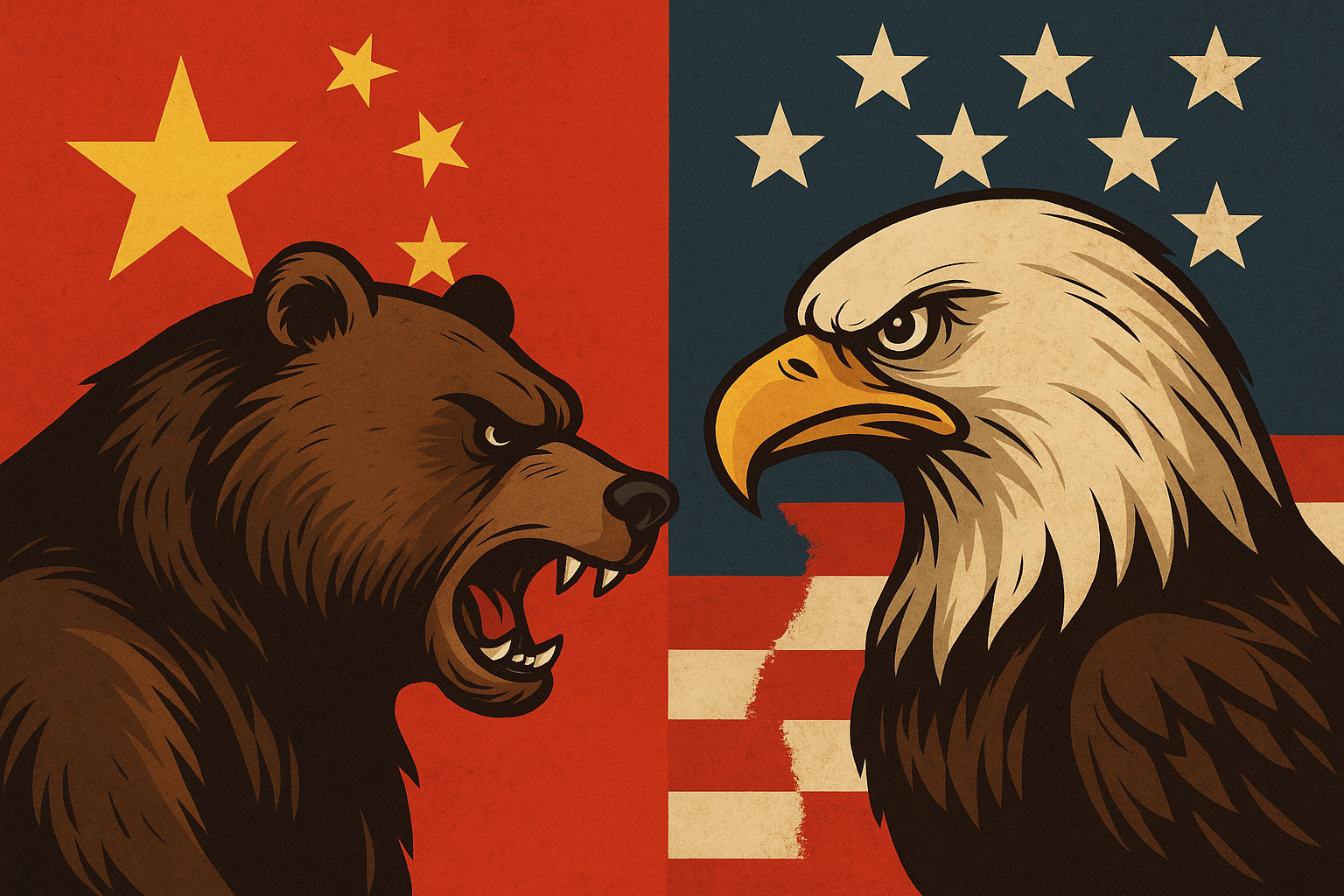The U.S.-China Trade War is More Than a Clash of Interests

The U.S.-China trade war is often framed as a struggle over economic interests, including tariffs, technology access, and trade deficits. But this view misses the deeper story. What we are seeing today is not just a trade dispute, but a clash between two very different worldviews.
On the surface, it may seem like both nations are fighting over tangible things such as access to markets, control over critical technology, or economic dominance. However, the conflict is not only about interests. Interests can be negotiated and managed. What makes this trade war so persistent and tense is that it reflects two incompatible ways of understanding the world.
Since the 2008 financial crisis, the United States has increasingly interpreted China’s rise as an aggressive assertion of power, often described as “bullying the weak.” But from China’s perspective, this is a misunderstanding. China does not see itself as violating a shared global order. Instead, it questions whether the existing international order, built on Western values and power, is legitimate to begin with. In China’s view, the U.S.-led order is no more valid than past political systems it rejected, such as the Kuomintang’s constitution or the Soviet model it strategically tolerated.
In this worldview, admitting mistakes is not part of the narrative. When a policy fails, it is seen not as a flawed goal, but as a miscalculation of timing or strength. Even partners in the so-called “united front,” including foreign actors and local allies, are judged based on their continued usefulness rather than fixed alliances. Once they lose strategic value, they are discarded, sometimes with open statements about “correcting past misunderstandings.”
The strategy known as “hide your strength and bide your time” is another example. Many in the West viewed it as a temporary stance. In Beijing’s logic, however, it was a phase that ends when conditions change. Once China feels confident in its capabilities, it moves forward without apology or retreat. Policy shifts usually follow only after visible and material setbacks, not because of ideological change, but due to evolving circumstances.
Meanwhile, the United States views China's assertiveness with increasing concern. To Washington, China’s actions are not just defensive or developmental. They are seen as signs of a broader ambition for global influence or even dominance. As a result, U.S. policy has shifted from engagement to containment, especially in areas such as advanced technology and national security.
Recent developments, including the court ruling against Trump-era tariffs, the temporary tariff reduction agreement, and U.S. restrictions on semiconductor software exports, are surface-level events that reflect deeper tensions. These legal and economic moves are important, but they are shaped by long-standing mistrust and different ideas about global power and legitimacy.
In the end, this is not just a matter of trade or economics. It is a long-term contest between two systems that view the world, and their roles within it, in fundamentally different ways. Until both sides find a way to respect each other’s perspectives or build a new shared understanding, the trade war will continue to be part of a much larger and more complex struggle.